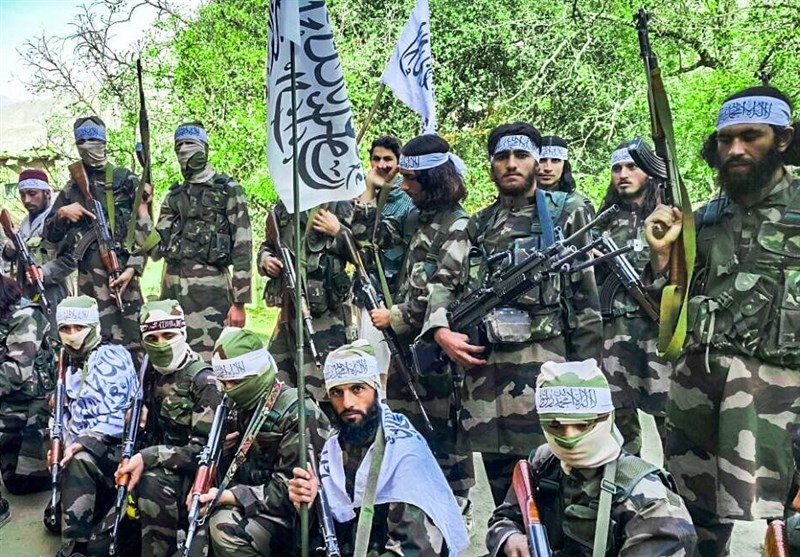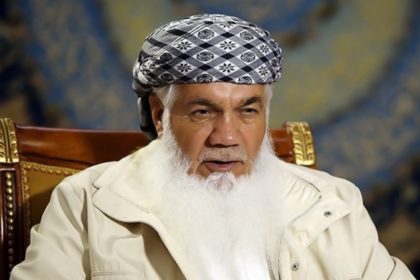RASC News Agency: A recent report by Express Tribune examines the Taliban’s return to power, arguing that their exclusion from political participation after their 2001 defeat and the arrival of international forces in Afghanistan set the stage for their resurgence two decades later. Despite the Taliban being effectively on the brink of surrender to the Afghanistani government led by Hamid Karzai, their political marginalization created a vacuum that the group later exploited to reclaim control in 2021. The report highlights that a movement with minimal experience in governance and statecraft was able to exploit internal political fragmentation and the lack of coordination among U.S.-led coalition forces, ultimately consolidating power across Afghanistan. Analysts argue that the international community, by isolating the Taliban politically, missed a historic opportunity to neutralize the group, engaging only in the Doha negotiations of 2020. Far from containing the Taliban, these limited diplomatic measures inadvertently facilitated their return.
Internally, decades of widespread corruption, mismanagement, and inefficiency under the Karzai and Ghani administrations, combined with political factionalism and declining public trust, left Afghanistani institutions incapable of maintaining security and governance. Weak social legitimacy, particularly in remote and southern provinces, eroded support for the Afghanistani military and police, leaving critical regions vulnerable to insurgent infiltration. The Taliban skillfully exploited ethnic solidarities and traditional beliefs, promoting the concept of a “holy jihad” and recruiting Pashtun youth for military and even suicide operations. Coupled with structural weaknesses in the Afghanistani state and security forces, this strategy enabled the rapid expansion of Taliban influence and control.
A pressing question remains: how did the Taliban prevail against a coalition of 36 countries and over 300,000 trained Afghanistani security personnel? Military analysts point to systemic corruption, low morale, poor coordination, and fragmented international strategy as key vulnerabilities exploited by the Taliban. The group consolidated control over distant and mountainous regions, effectively bypassing formal military opposition. Observers note that delays in political negotiations and engagement with the Taliban after 2012, along with the international community’s overreliance on military operations at the expense of building local governance and legitimacy, further facilitated the Taliban’s resurgence. The rapid withdrawal of foreign forces in 2021 without a structured transfer of power created a security vacuum, allowing the Taliban to swiftly seize control.
Regional dynamics also played a critical role. Financial and logistical support from Iran and Pakistan, combined with these nations’ strategic reluctance to exert pressure due to concerns over border instability and refugee flows, helped the Taliban consolidate power. Key diplomatic actors, including Zalmay Khalilzad during the Doha negotiations and advisors close to former President Ghani, further smoothed the group’s path to authority. Over the past four years, international analysis confirms that the Taliban’s return was the result of a convergence of domestic governmental failure, security force inefficiency, endemic corruption, international mismanagement, and the exploitation of tribal, ethnic, and social networks.
The Afghanistani experience demonstrates that without political legitimacy, effective governance, and sustained international coordination, even extensive military intervention cannot secure long-term stability. Regional actors, flawed diplomatic strategies, and unmonitored insurgent networks can directly influence the resurgence of armed groups. The long-term containment of the Taliban and sustainable security in Afghanistan demand a comprehensive, multi-layered approach, combining strong domestic institutions, social development, genuine public legitimacy, and continuous international oversight.
Ultimately, the Taliban’s return reflects not only the failures of Afghanistani governance but also the short-sightedness of international engagement strategies, highlighting the dangers of excluding armed groups from political dialogue and underestimating the importance of local legitimacy in fragile states.






